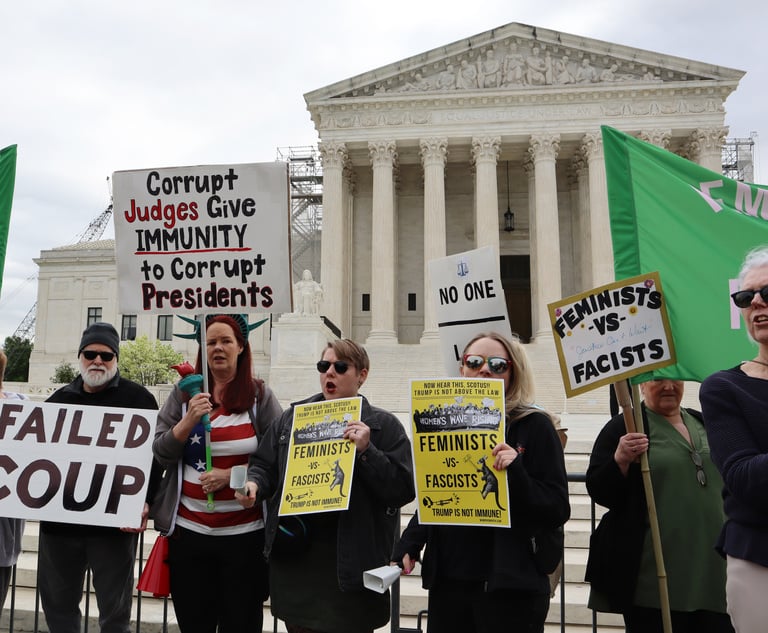 As the pandemic shifted a significant amount of corporate work onto various software platforms, individuals have had to become conversant in increasingly sophisticated programs that allow them to work remotely. Unfortunately, the U.S. Sentencing Guidelines (Guidelines) have not kept pace with this modernization in some areas, especially in cases where a substantive offense related to technology (such as the Computer Fraud and Abuse Act) is not implicated.
As the pandemic shifted a significant amount of corporate work onto various software platforms, individuals have had to become conversant in increasingly sophisticated programs that allow them to work remotely. Unfortunately, the U.S. Sentencing Guidelines (Guidelines) have not kept pace with this modernization in some areas, especially in cases where a substantive offense related to technology (such as the Computer Fraud and Abuse Act) is not implicated.
Anachronistic and vaguely defined provisions that have been updated to reflect today’s business and technological landscape can lead to aberrant results. For example, the use of “sophisticated means” under §2B1.1(b)(10)(C) as a proxy for complexity often leads to unfair and prejudicial double counting “akin to imposing an extra enhancement for firearms that propel larger caliber bullets.” United States v. Faibish, 2015 U.S. Dist. LEXIS 101200, at *13 (E.D.N.Y. 2015). Those conducting what may be considered unsophisticated schemes by today’s standards could find themselves exposed to increased sentences originally meant only for offenders who employed more elaborate means to effectuate their schemes. Conversely, someone using what would be considered unsophisticated means today, might also be swept up in this sentencing enhancement.






